Food Access Group Calls for $53 Million From CARES Act For Emergency Need and Infrastructure
BISMARCK, ND — An Ad Hoc Committee on Food Access in North Dakota called today for $53 million in federal CARES Act funding to address ongoing food insecurity made worse by the covid-19 pandemic. Members of the group presented a three-pronged approach that included extending SNAP program benefits needed immediately while investing in local infrastructure and supply chains that support family farmers and our economy.
The North Dakota Emergency Commission and Legislative Budget Section are expected to vote on spending a large portion of the state’s $1.25 billion federal CARES Act funding this month. As reported in multiple media outlets, Great Plains Food Bank has estimated a 44% increase in need network-wide. The virtual press conference Thursday followed a memo proposing a three-pronged approach to Assuring Access to Food sent by Sen. Kathy Hogan to Superintendent Kirsten Baesler, Agriculture Commissioner Doug Goehring, and Department of Human Services Executive Director Chris Jones.
Assuring Access to Food
- Enhance and strengthen the SNAP program for people with low incomes in North Dakota
- Address food supply/distribution disruptions that are impacting many communities
- Strengthen emergency food networks throughout North Dakota
Sen. Kathy Hogan said:
“North Dakota has an amazing State Mill and Elevator. We have strong cooperatives that process sugar and grains. Based on these models, we need to look at the entire food chain to help our farmers and other partners produce the foods we need and the whole world will need.”
Karen K. Ehrens said:
“North Dakotans have a long history of neighbor helping neighbor. What if we can use this time and resources available to meet the need for food now, and also use those resources so they will also be of help in the future?’
Jacqueline Lormé:
“The hunger is enough to break your heart when you hear a child say ‘I’m hungry,’ but it’s also affecting the health of my neighbors. It’s a full circle. If you don’t have access to food, you can’t be healthy. If you can’t be healthy, you can’t work productively.”
Rep. Ruth Buffalo said:
“Some of our tribal nations are already short-staffed and underfunded. They were already operating in crisis mode, but when the pandemic hit, it crippled many tribal programs. We have an opportunity to strengthen food sovereignty and partnerships among Tribal Nations. Many communities within tribal nations across North Dakota have started a record number of gardens. Partnerships are so important with local and tribal entities to help improve food access, transportation, and the quality and affordability of food.”
Participants
Sen. Kathy Hogan represents District 21 in Fargo. She worked in human services for more than 40 years, including with a range of food security programs. She is a former director of Cass County Social Services.
Karen K. Ehrens, RD, LRD is a food, nutrition, and health consultant and advocate who works with The Creating a Hunger Free ND Coalition.
Jacqueline Lormé lives in the Madison neighborhood in North Fargo and has personally experienced the food crisis and sees how it affects her own neighborhood. She is a graduate of the Culinary Institute of America.
Rep. Ruth Buffalo represents District 27 in Fargo, is an enrolled member of the M.H.A. Nation, and is originally from Mandaree. She is a public health professional and educator.
###

